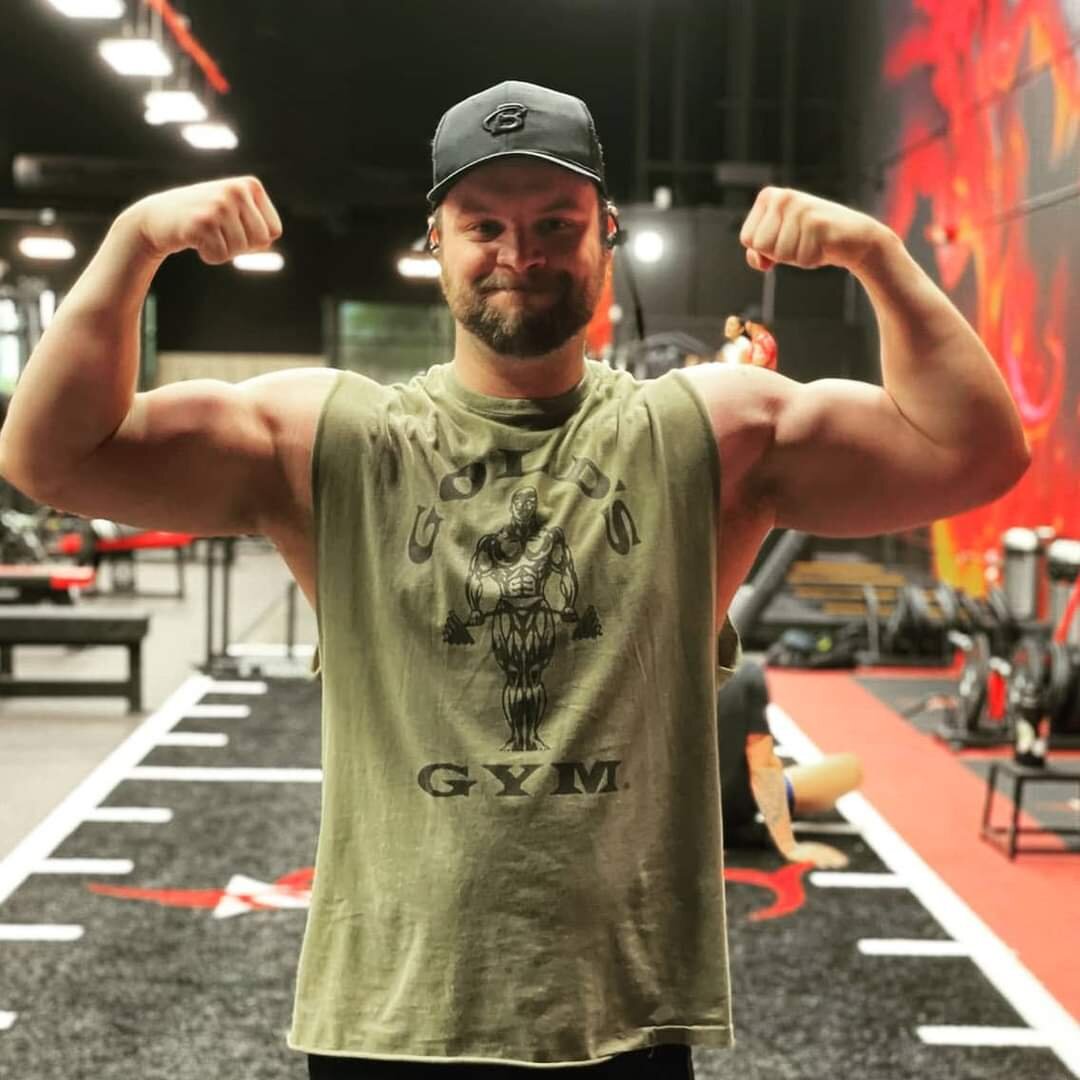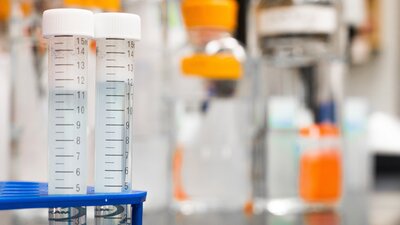Testosterone. It’s a word that’s getting more buzz as telehealth companies continue to explode and men look for ways to stay young and in shape. Testosterone plays an important role throughout the body, so it’s important to understand when those hormone levels start to drop. Let’s break it down.
What is Testosterone?
Testosterone is a hormone found not only in humans, but many other animals. Testosterone plays several roles throughout life stages. During fetal development, it primarily is in charge of helping the body develop reproductive organs. Throughout male puberty, testosterone is responsible for increases in height, hair growth all over the body, reproductive organ growth, and increased sex drive [1].
As an adult, testosterone affects the following [1][2][3]:
- Heart: helps the body make new red blood cells and increases blood flow
- Bone: Helps bone growth and maintain bone density
- Muscles: Increases protein synthesis and helps increase muscle mass
- Body Fat: Aids in blocking the uptake of fat and distribution of fat.
- Brain: Improves memory, cognitive function, sex drive, and feeling of overall well-being
- Skin: Supports elasticity, collagen production, and hair growth
- Male Sex Organs: Supports production of sperm and growth of these organs
While you usually only see characteristics of testosterone with males, females also produce testosterone, just at significantly smaller amounts. For them, it helps enhance their sex drive, but the majority of it is utilized to help produce estradiol, the primary female sex hormone (1).
Signs of Low Testosterone
As you age, testosterone levels start to decline. It is imperative to understand the signs of low testosterone so you can stay ahead of it.
Some of the most common signs are [4]:
- Loss of sex drive
- Erectile dysfunction (Including absence of morning and night time erections)
- Fatigue
- Depression
- Trouble concentrating
- Loss of strength and muscle mass
- Reduced body hair
- Increased body fat
- Mood changes
- Sleep Disturbance
How To Know For Sure
There are multiple signs and symptoms of deficiency that potentially overlap with other health related issues. To confirm if you have low testosterone levels, the best thing to do is to get tested. Luckily, there are at-home tests available like LetsGetChecked’s Male Hormone Panel, so you don’t even need to go into the doctor’s office. The great thing about LetsGetChecked’s Male Hormone Panel is that it not only tests for testosterone, but other hormones that can affect your goals and cause these symptoms. If you want to take advantage of this test, you can also get 25% off using BODYBUILDING25.
Want To Learn More?
2. Signs and symptoms of low testosterone
3. Remedies for low testosterone
4. Get tested today with LetsGetChecked
References:


